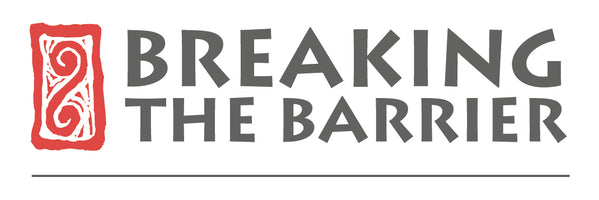Practice Questions by Chapter
Breaking the Barrier Series Author John Conner uses these warm-up questions daily in class. In fact, these exercises are the first step in his acclaimed workshop "The Ideal Lesson Plan."
To use in your own classroom: Divide students into pairs and have them take turns asking and answering the questions aloud. Encourage them to speak in complete sentences and use any relevant vocabulary or grammar from recent lessons. This activity serves as a speaking warm-up and helps build classroom routine.
French Level 1/Beginner
First Steps
Chapter One
Chapter Two
Chapter Three
Chapter Four
Chapter Five
Chapter Six
Chapter Seven
Chapter Eight
Chapter Nine
Chapter Ten
Chapter Eleven
Chapter Twelve
French Level 2/Intermediate
Chapter Two
Chapter Three
Chapter Four
Chapter Five
Chapter Six
Chapter Seven
Chapter Eight
Chapter Ten
Chapter Eleven
French Level 3/Advanced
Chapter One
Chapter Two
Chapter Three
Chapter Four
Chapter Five
Chapter Six
Chapter Seven
Chapter Eight
Chapter Ten
Chapter Eleven
